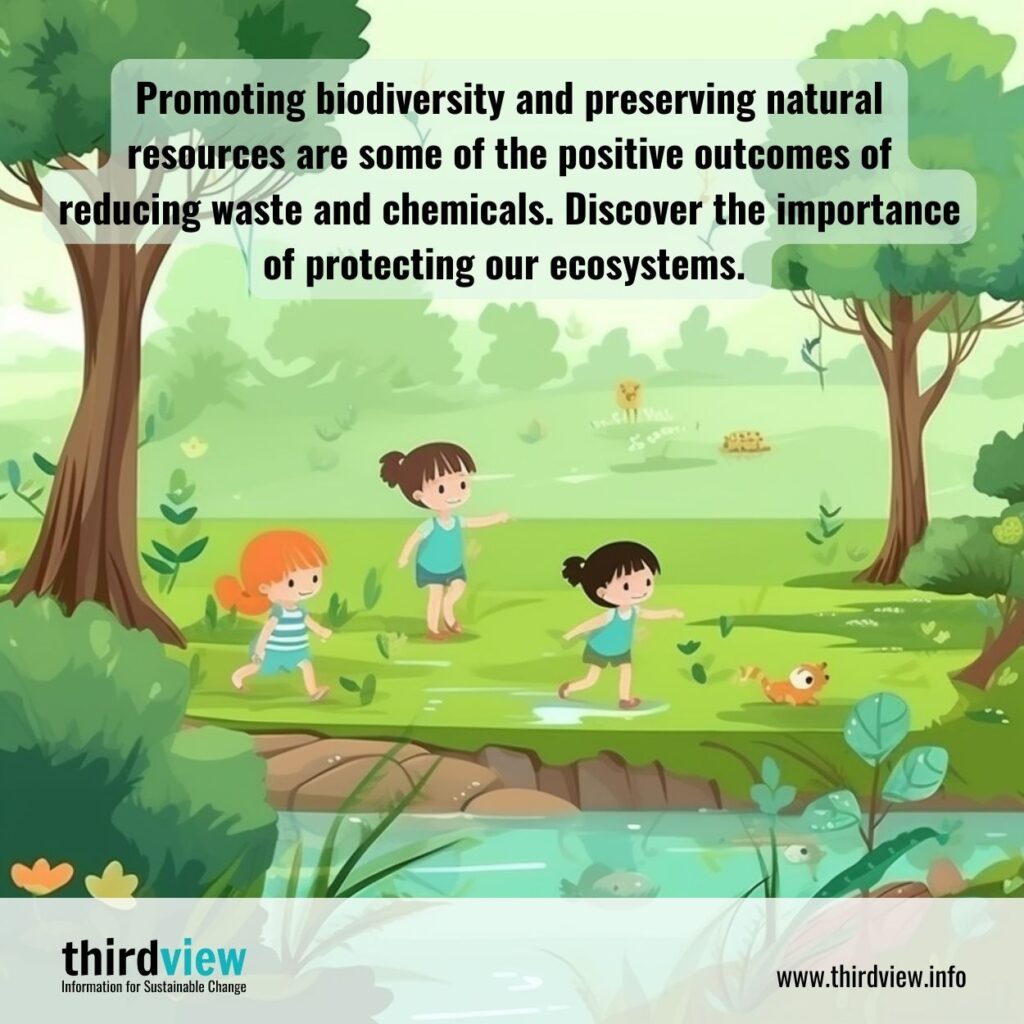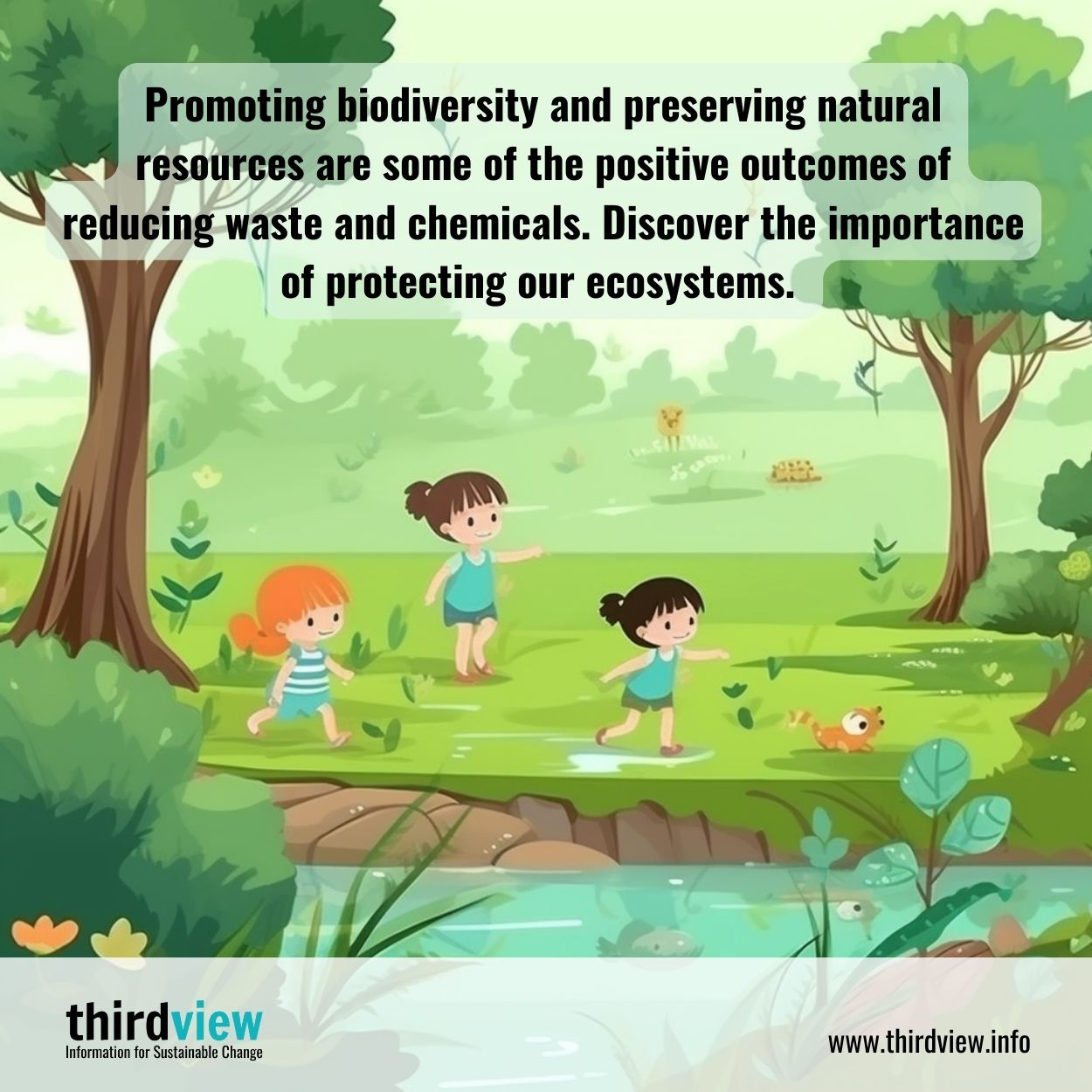Reducing the release of chemicals and waste into the environment is often seen as a way to preserve the planet and protect our health. While these benefits are undoubtedly essential, there are also some other less-known advantages of being mindful of the chemicals and wastes we produce. In this blog post, we’ll take a closer look at some of these hidden advantages – from saving money to increasing food security.
Reduced Costs:
One of the primary hidden advantages of reducing waste and chemicals release is cost savings. When people are mindful of how much waste and chemicals they generate, it leads to a decrease in the amount of resources used, and a reduction in water, electricity, and natural gas used to manufacture products. People can save money by reusing items, buying in bulk, and purchasing more eco-friendly products that are built to last longer and require less maintenance. Adopting environmentally friendly practices in industry, agriculture, and supply chains can lead to significant cost reductions for businesses, besides creating a healthier workplace.
Increased Food Security:
Reducing waste and chemicals can also increase food security. When chemical pollutants are released into the soil, air, or water, they can easily contaminate the food chain from crops to animals to humans. By reducing the amount of waste in the soil and water, food quality improves, and the incidence of diseases decreases. Organic farming, which relies on natural fertilizer and biological pest control, can be practised to grow food in sustainable ways without contaminating the environment.
Safer Drinking Water:
Reducing waste and chemicals also keeps drinking water sources clean. Chemicals that are disposed of carelessly can leach into groundwater and surface water, making drinking water sources unsafe. By reducing waste and using fewer chemicals, the impact on drinking water quality is reduced. It helps to keep the watersheds clean, reduces stormwater runoff, and promotes healthy aquatic life, which ultimately leads to a safer and healthier environment.
Improved Biodiversity:
Reduced waste and chemical disposal help to improve biodiversity. Plants, trees, and animals function together in natural ecosystems, and when these systems are threatened by pollution and waste, they begin to break down. Insects, birds, and other animals may be destroyed or driven away, and the health of the ecosystem declines. When fewer chemicals are used for industrial, agricultural, or consumer purposes, it leads to healthy biodiversity, cleaner air, and healthier rows of trees or crops, with fewer pests which ultimately improves the local ecology.
Preservation of Natural Resources:
Reducing waste and chemicals may help to preserve natural resources. For example, recycling paper products reduces the consumption of timber, and using fewer chemicals in manufacturing preserves air and water resources. Using fewer products, in general, leads to less landfill, which translates to less need for landfill expansion or closure and less energy required to transport waste to landfills and incinerators. It helps preserve beautiful and ecologically sensitive natural landscapes while also preserving these resources for future generations.
Reducing waste and chemicals has many hidden advantages. It is not just the environment and our health that benefit, but it also leads to cost savings, increased food security, safer drinking water, improved biodiversity, and preservation of natural resources. As consumers, it is essential that we choose how and what we purchase, and how we live our daily lives. Industries, businesses, and governments must also unite around creating more sustainable products, processes, and infrastructure. When we all take responsibility, our planet will thrive in ways that have never been seen before, and our world will become a better place to live.


